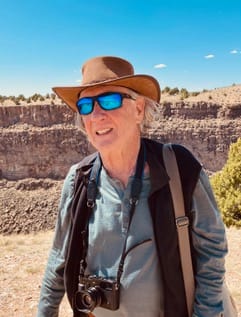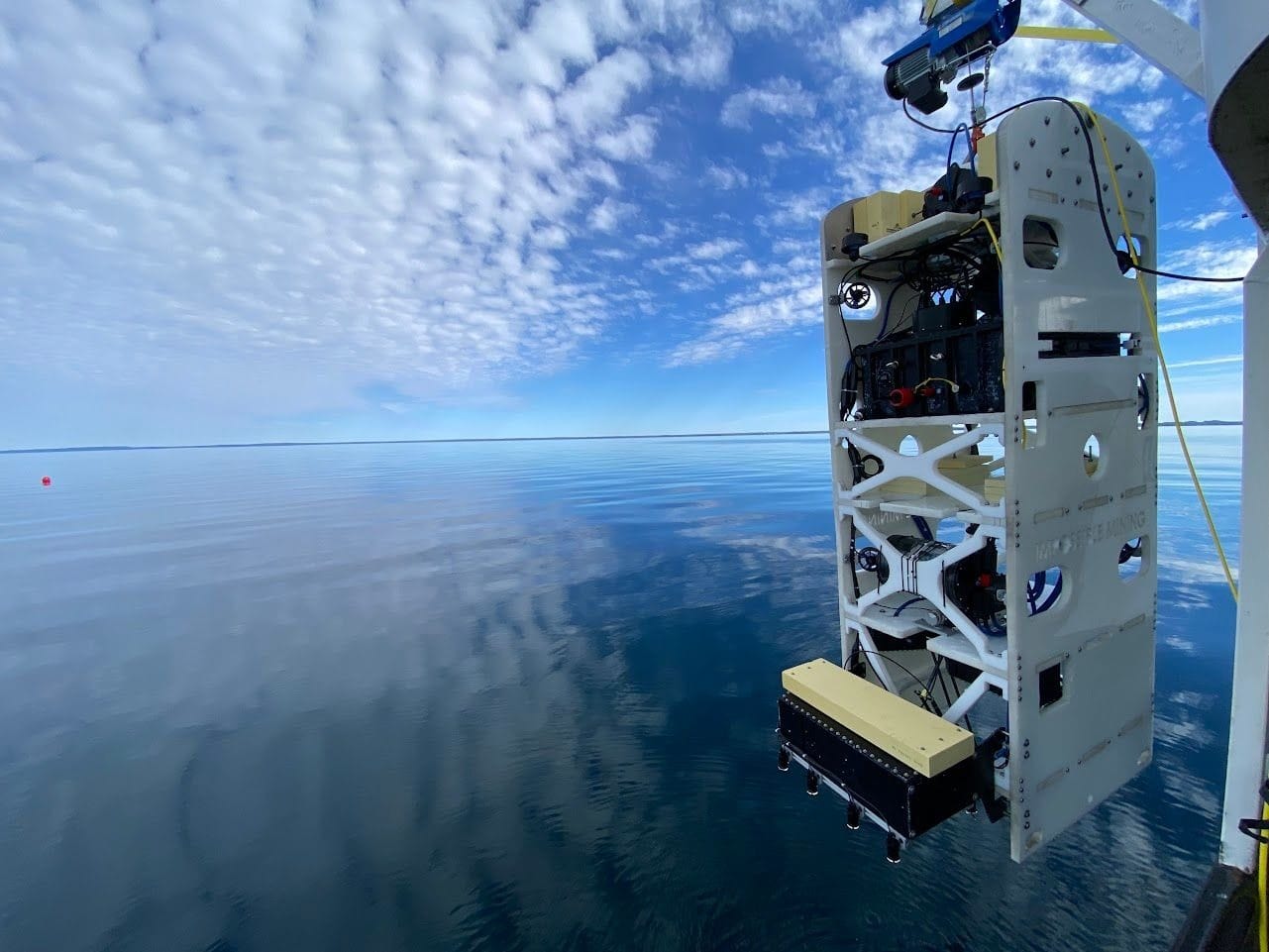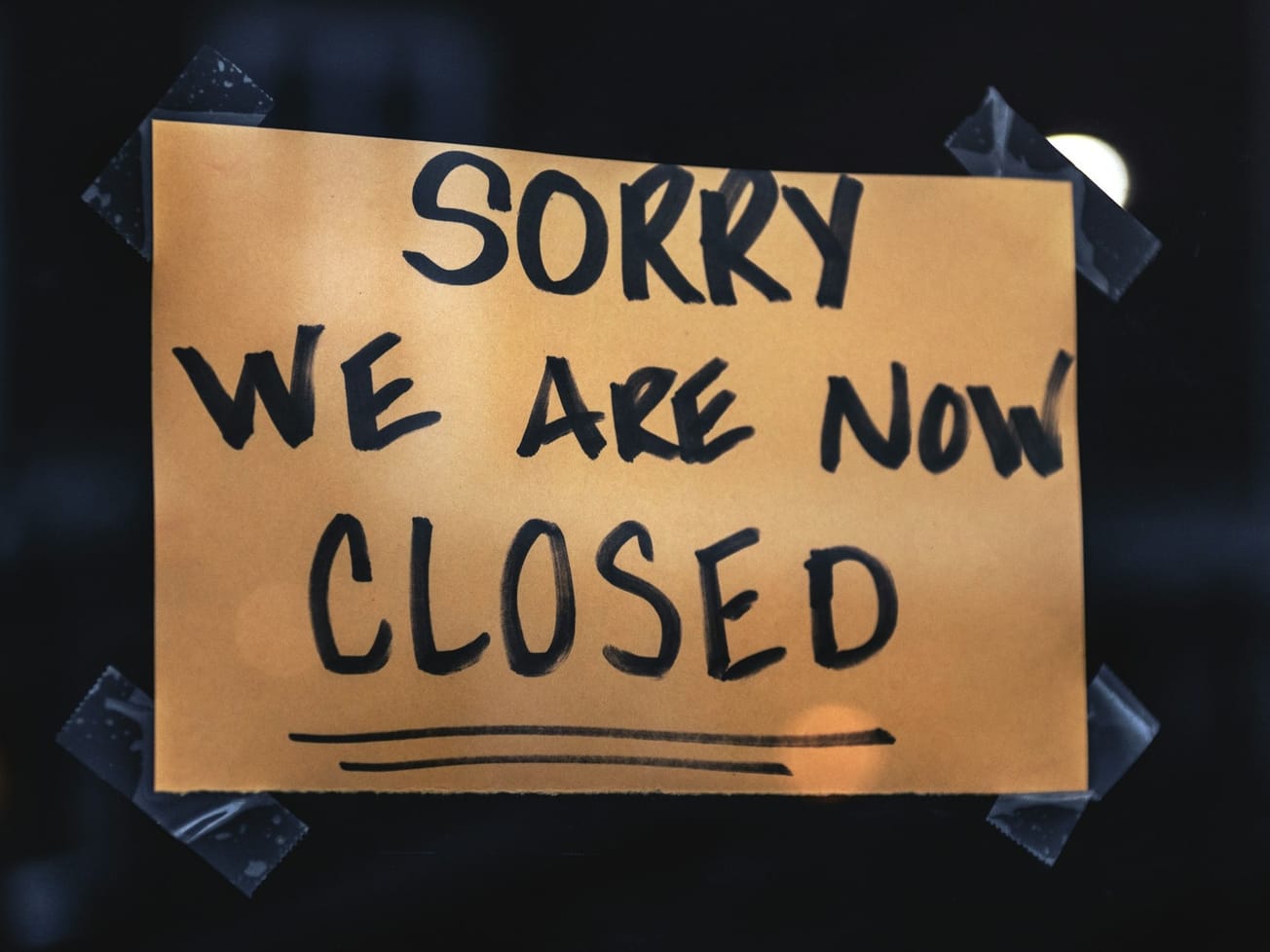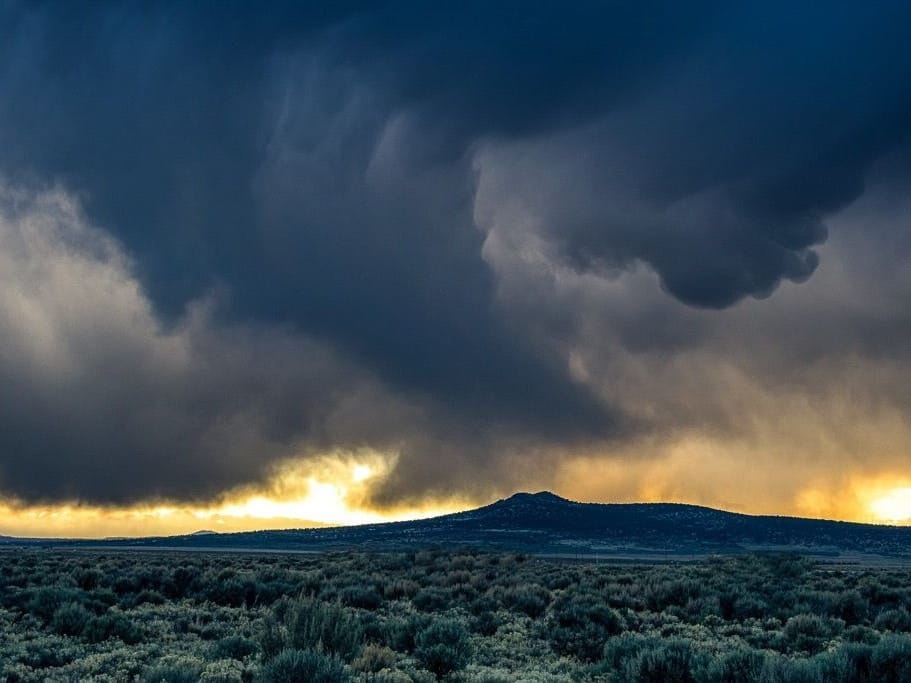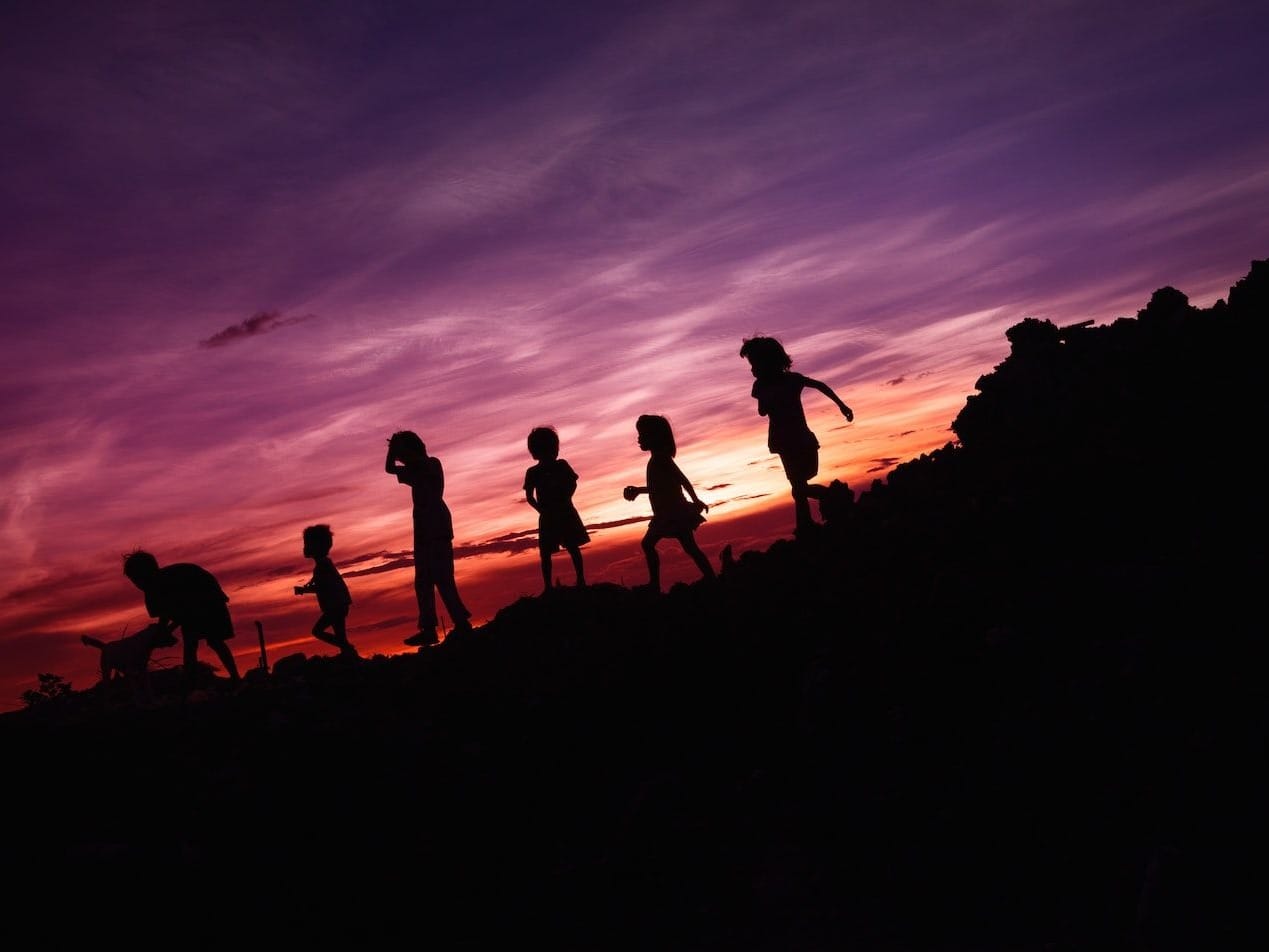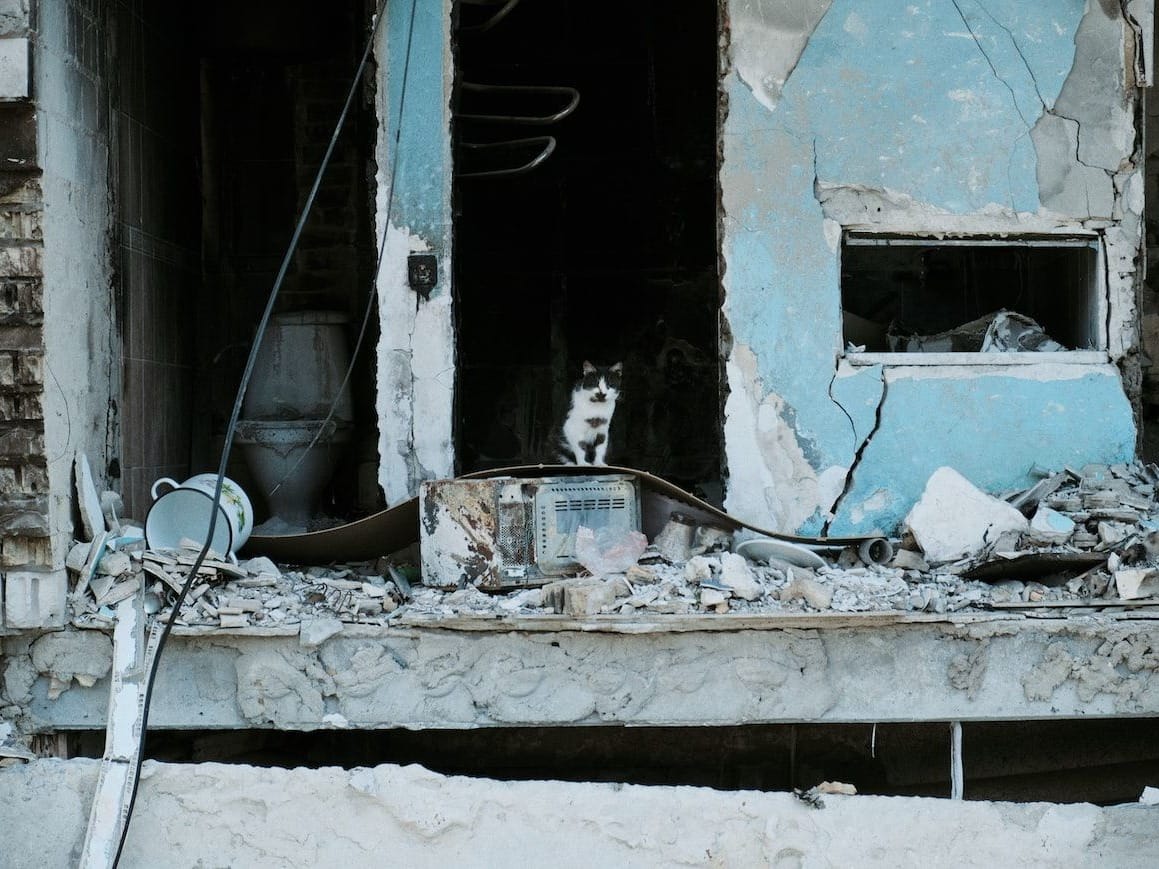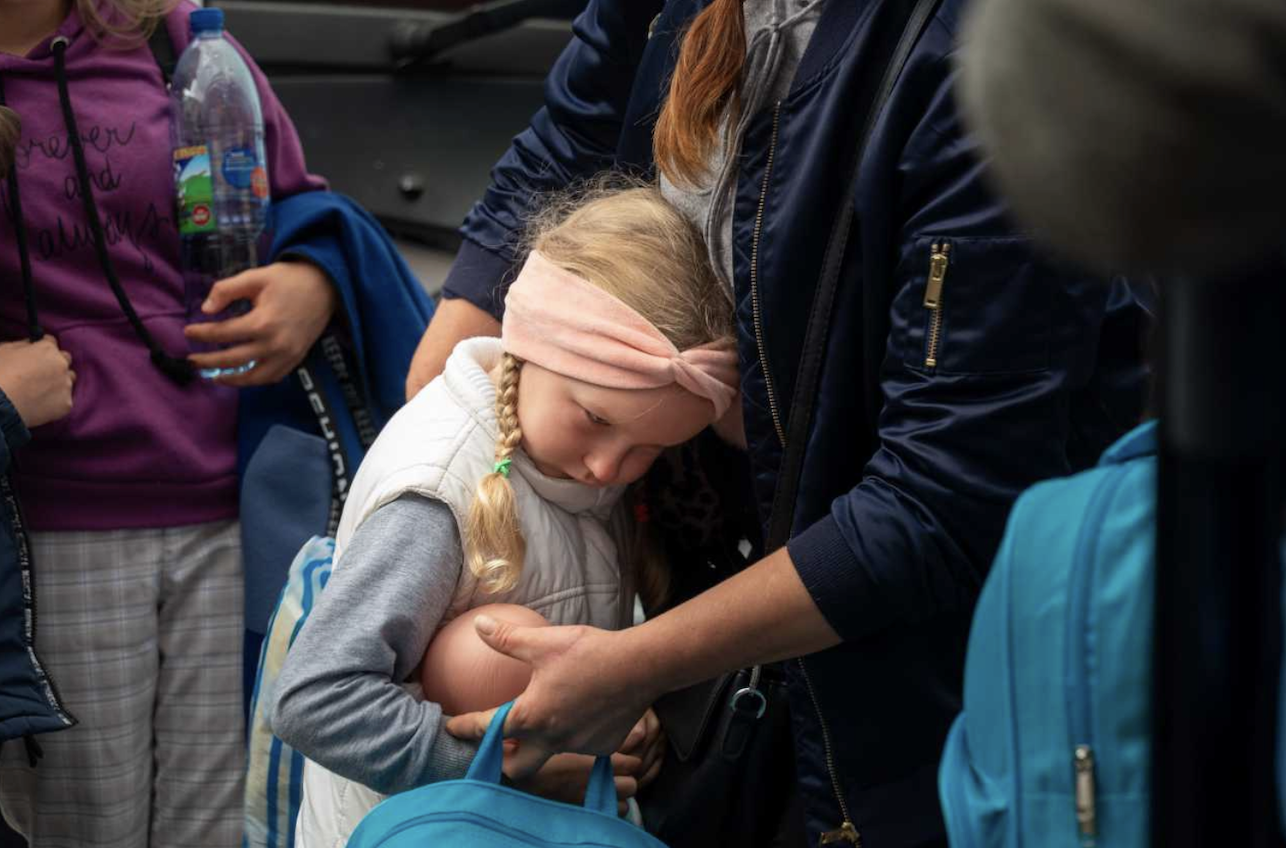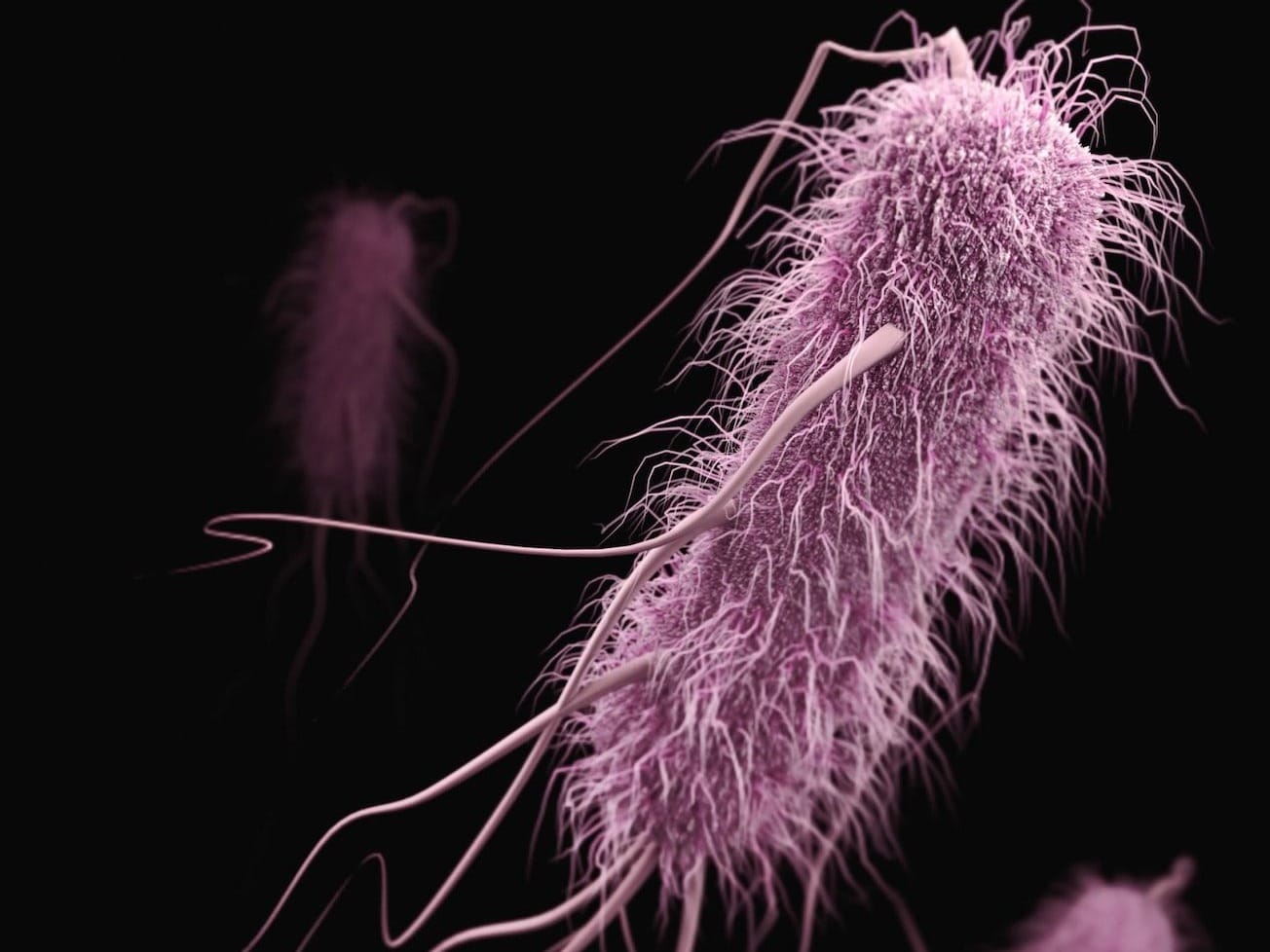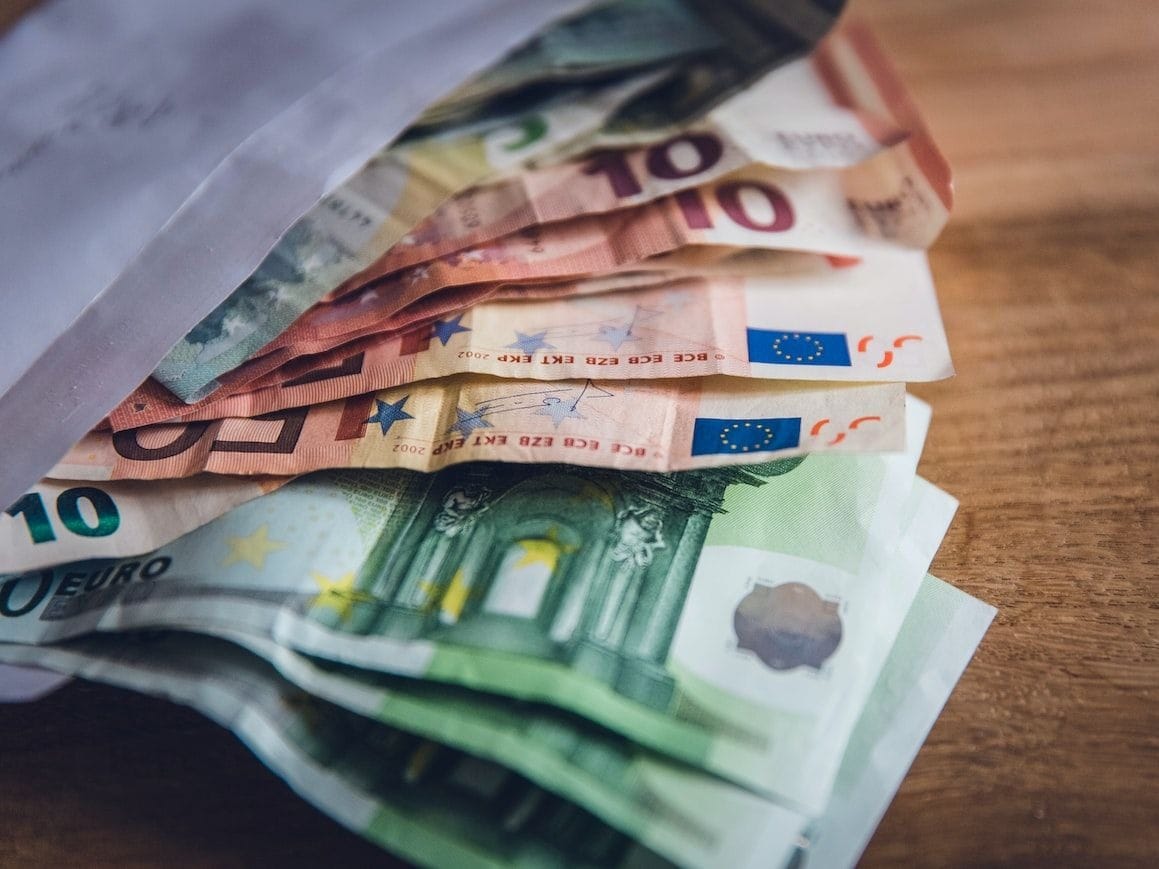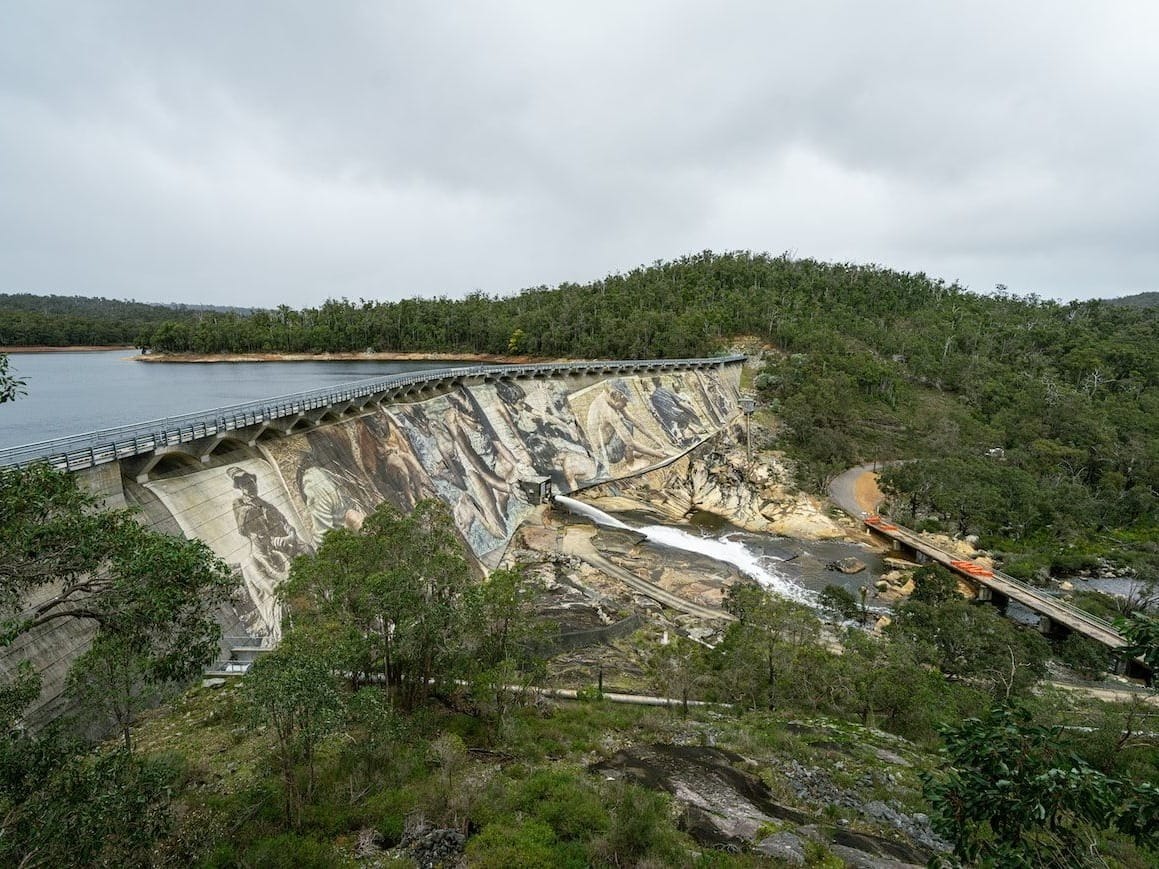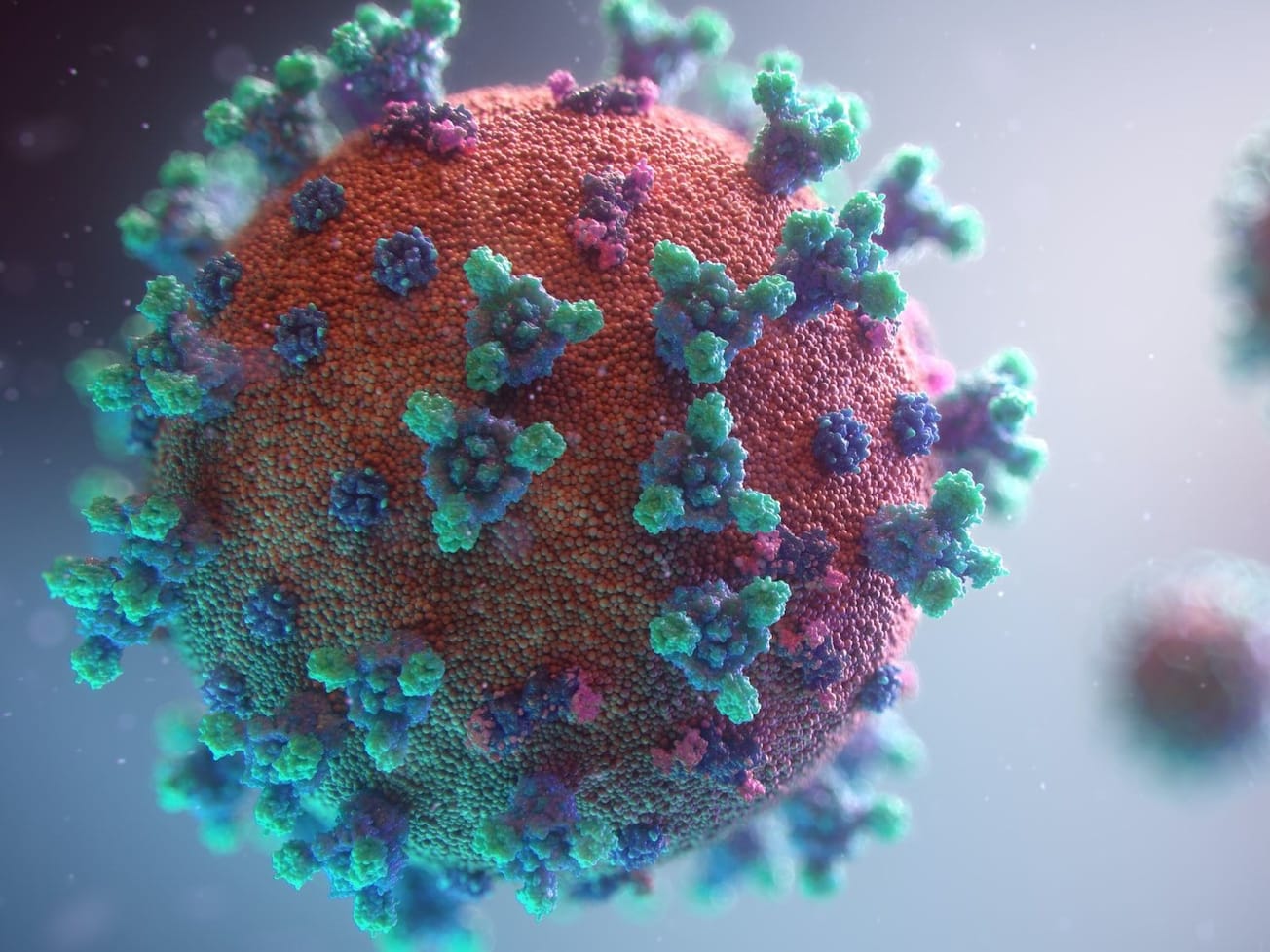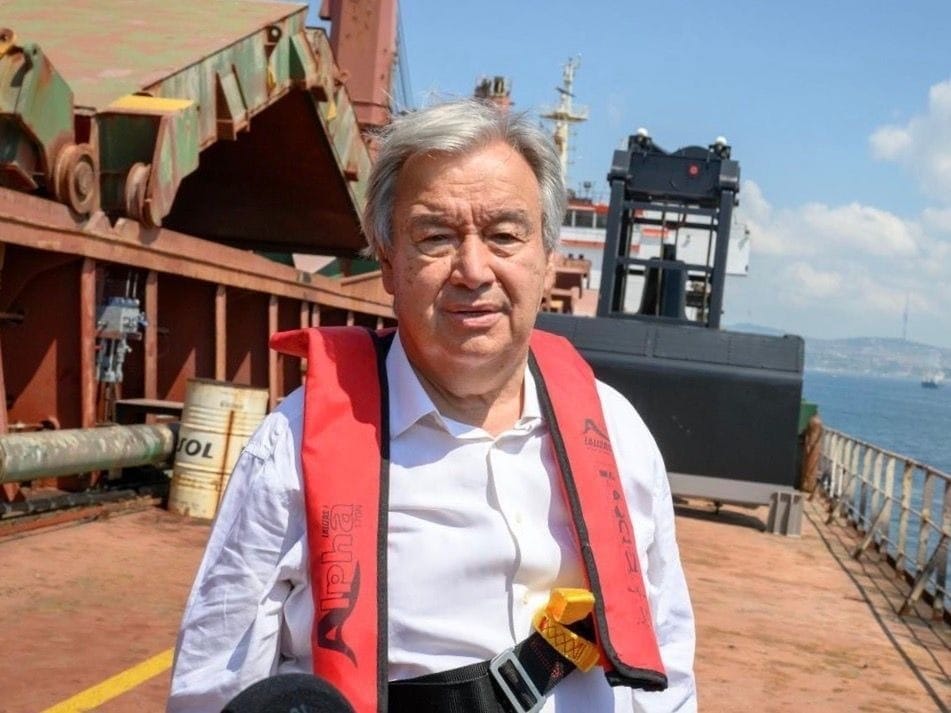
World grapples with food insecurity as Putin blocks grain from Ukraine
The U.N. said Russia has been forcing up food prices globally by preventing grain from reaching international markets.
Veteran journalist, storyteller, photographer, with 40+ years at AP as a reporter, national editor and Washington bureau supervisor.
The U.N. said Russia has been forcing up food prices globally by preventing grain from reaching international markets.
Mining the deep seas: The best way forward to a green energy transition, or a looming environmental disaster?
Extreme weather events and new records are becoming the norm as Earth suffers warming oceans, fires and rising floods.
As interest rates soar and the economy slows, the World Bank sees an 'enduring setback' for many developing economies.
A study finds sanctions contribute to a rise in mortality, poverty and inequality, and a decline in income and rights.
WMO says the warming effect on global temperatures usually plays out in the year after an El Niño event develops.
New ICRC guidelines are meant to protect innocent civilians and detainees against violence by non-state armed groups.
From the killing fields of Ukraine to the earthquakes of Turkey and Syria, children struggle in an often indifferent world.
The number of children without basic social protections is increasing worldwide, UNICEF and ILO say in a new study.
The global demands for peace grow as humanitarian aid workers emphasize the war's devastating effect on children.
As Russia's war in Ukraine nears the one-year mark, the U.N. again calls on donors to step up with billions more in aid.
Strains of bacteria immune to all known antibiotics may become a major cause of death by mid-century.
A new report finds a clear connection between more violence and corruption as the world becomes a less peaceful place.
Storage loss by 2050 will equal the combined yearly water use of Canada, China, France, a U.N. University report shows.
The U.N. health agency sought information from Beijing about the COVID-19 surge as nations impose travel restrictions.
Negotiators reached a 30% by 2030 or '30 by 30' deal just as the almost two-week U.N. Biodiversity Conference was ending.
